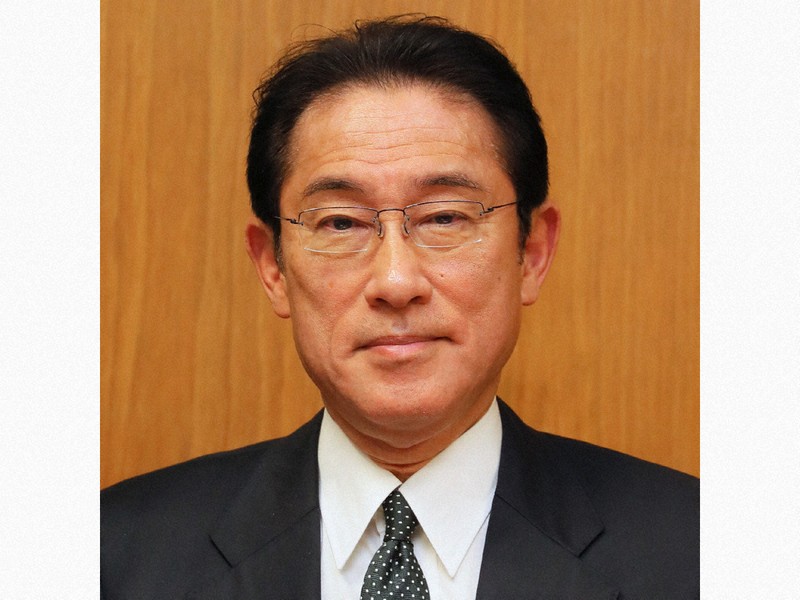The former Japanese Prime Minister Fumio Kishida is evidently considering an expansion of his coalition, according to recent national news. The exact details of this decision are unclear, with the whos, whens, and hows as yet undisclosed. The motives behind such a political strategy are typically grounded in a desire to consolidate or increase power and ensure smoother policy implementation.
Political alliances in Japan are often subject to scrutiny and public discourse, as they can directly impact the governing process and policy implementation. Given Japan's parliamentary system, the expansion of a coalition could indicate political maneuvers to gain majority control and push through certain policy measures. Japanese citizens and political observers are particularly interested in these developments as they could signal changes in the country's political landscape.
Political coalition building is a common practice globally, including in the United States and the European Union. However, the specifics of these processes can vary. Unlike in Japan's parliamentary system, the United States utilizes a presidential system, where the power division is more pronounced. In contrast, the E.U is a political and economic union which often requires coalitions to manage the interests of its diverse member states.

